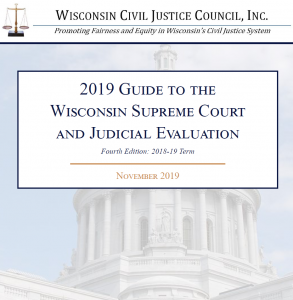In Haynes v. LIRC (2018AP1581), the Court of Appeals District IV upheld a Labor & Industry Review Commission (LIRC) decision dismissing a discrimination claim.
Plaintiff Sharon Haynes filed this claim alleging race and sex discrimination against Blain’s Farm & Fleet. Haynes claimed that Blain’s technicians intentionally failed to secure a tire on her vehicle and intended to cause her harm because she is an African-American woman.
LIRC found there was no evidence of race-based or gender-based discrimination. The court upheld LIRC’s decision.
The court found substantial evidence supporting LIRC’s determination that the technicians were not aware of Haynes’s race or gender and that the technicians had no race-based or gender-based discriminatory animus.
The court also upheld LIRC’s decision denying Haynes’s motion to present new video evidence, finding that the proposed new video clip would not have changed LIRC’s determination that no discrimination occurred.
Finally, the court rejected Haynes’s argument that the LIRC commissioners should have recused themselves due to bias.

